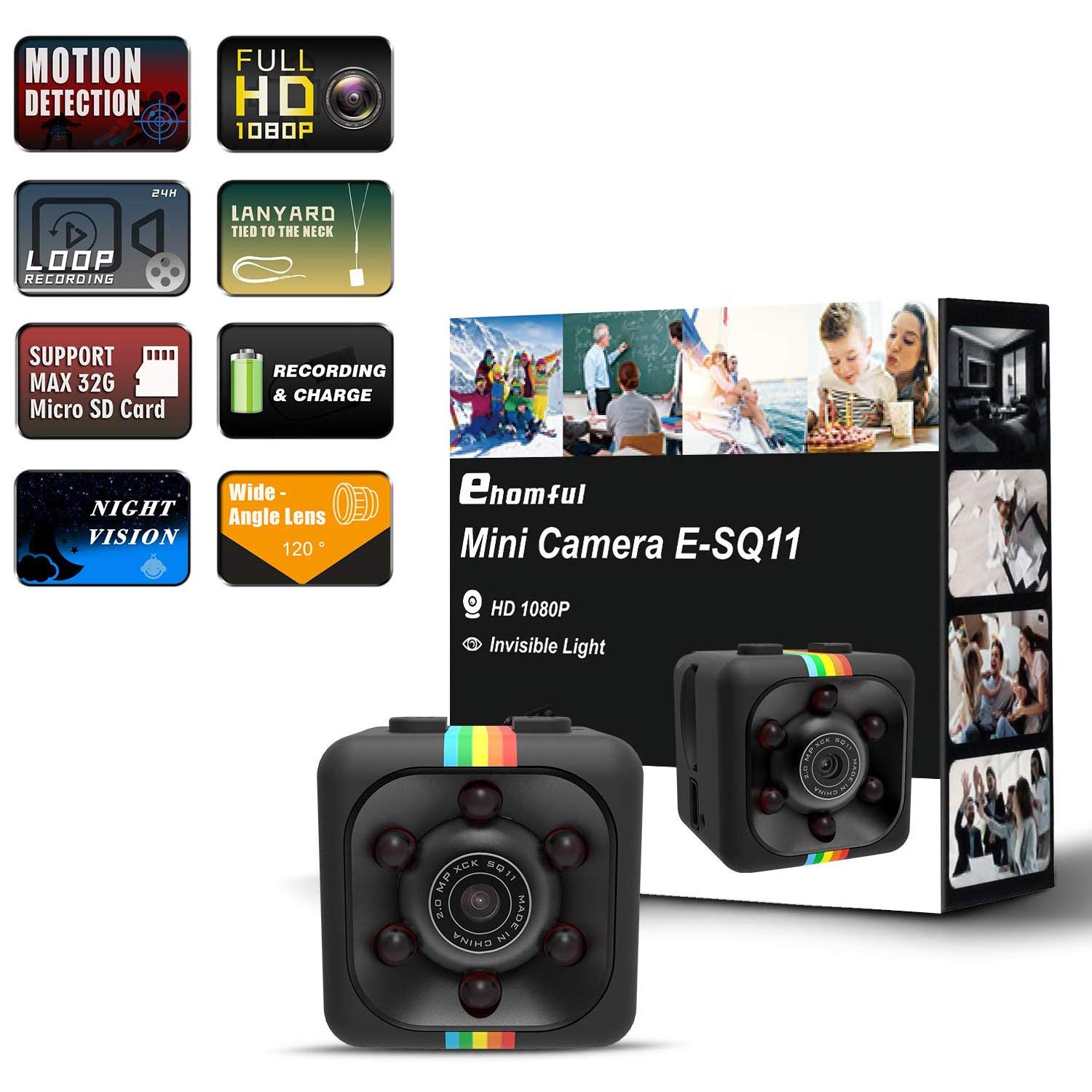Have you ever wondered what happens in your house when you’re not around? There are many reasons to use a home spy camera, whether you’re concerned about your child’s safety while in the care of a nanny or you’re curious about what your dog does every day.
However, before you mount a hidden camera in your house, make sure you’ve looked into any possible legal implications. Don’t be concerned. It’s not as difficult as you would believe. Here’s what you need to hear about it.
Is it Legal to Have a Spy Camera in Your Home?
First, we’ll answer the burning question on everyone’s mind: “Is it legal to use a spy camera at home?”
In general, using a spy camera device (or any other form of camera) in your home without the permission of the individual you’re recording is legal in the United States. It’s important to remember, however, that the rules can vary by state. As a result, it’s a good idea to check the laws in your state before installing your machine.
If you’re very worried, you should talk to a lawyer about how you want to use your system just to make sure you won’t get into any trouble.
Recording Audio vs. Video
One of the most important things to remember is that there is a distinction between audio and video recording in the eyes of the law. Without the permission of the other party, federal and state laws forbid recording conversations. This involves audio-recording hidden video cameras.
Many states observe the “one-party consent” law, which states that as long as one party to the conversation is aware of the recording, it is legal. Florida, California, Connecticut, Maryland, Illinois, Pennsylvania, Montana, New Hampshire, Massachusetts, and Washington are among the states that require two-party approval. If you want to use audio recording as part of your home security system, you should speak with an attorney first.
Privacy Expectation
When deciding where to put your spy camera, another crucial concept to remember is the “reasonable presumption of privacy.” This basically means that you can’t film anyone if they have a reasonable expectation of not being recorded.
This almost always includes showers, and it can even include other people’s bedrooms if they live with you. Although not all states specifically forbid the installation of cameras in these locations, you should never believe it is legal (or morally acceptable) to instal a hidden camera in your home.
Intention to Harm
Another crucial thing to remember is that it is illegal to film anyone (via video or audio) if you have “malicious intent” in the United States. You can’t, for example, use a hidden camera to blackmail anyone.
Even if you meet all of the proper spy camera placement instructions, if you’re engaged in illegal activity, you’ll get into trouble.
Outside of Your Home Recording
You may also wonder if installing spy cameras outside your home would cause any problems. The response to this question is contingent on the circumstances.
If you want to use the cameras to track activity on your house, such as your front porch, driveway, or back yard, you should have no issues. However, the rules above also apply, so make sure you obey them regardless of where you put your cameras.
You’ll also want to make sure that your exterior cameras don’t capture anything private (like your neighbor’s bedroom window). This is especially true if the camera is capable of capturing images clearly in the dark or around obstructions.
It’s a different storey when you step into someone else’s building. You can not bring a spy camera with your child if he or she spends the night at a friend’s house, for example.
You might not not instal a spy camera in your babysitter’s home or at your child’s daycare to monitor what your child does there. Even if you intend to ensure the protection of your kids, spying on people in another person’s home is still illegal.
In an Airbnb, there are hidden cameras. What if you rented out your home as an Airbnb from time to time? Is using your spy cameras still legal? This question has a more complicated response.
You must respect your Airbnb guests’ “fair expectation of privacy” when you host them in your home. That means cameras should not be used in bathrooms or bedrooms, including guest rooms.
If you plan to keep cameras in the common areas (such as the living room and kitchen), make sure your guests are aware that they are being filmed. This could include putting up a sign in the house and/or including a clause in the rental agreement.
Video Surveillance Will Help You Protect Your Home
Adding a home spy camera to your home will help to make it safer and provide you with additional peace of mind. You’re able to instal your new device now that you’ve figured out all of the legalities.
There are a variety of choices for home video surveillance, so you can choose the one that best suits your needs.
For more information, visit: compareget.com/



